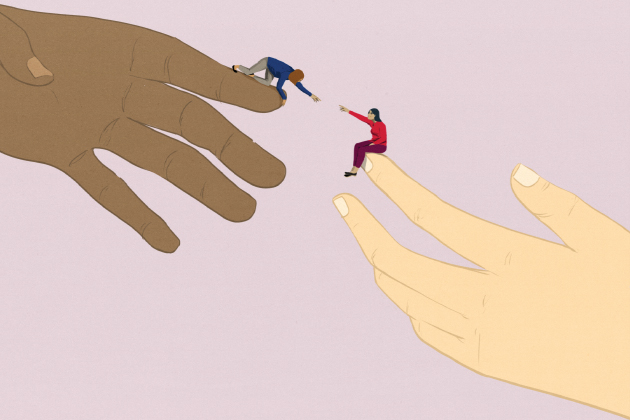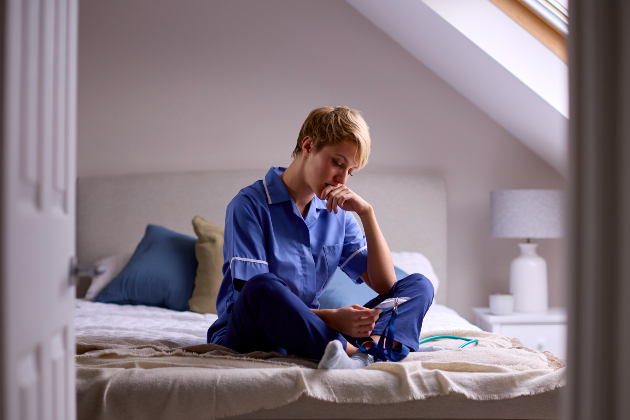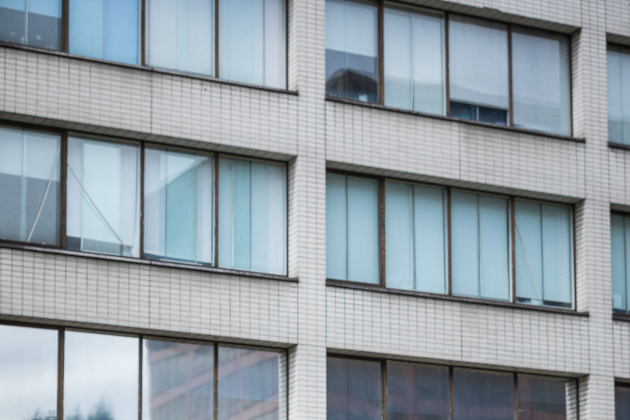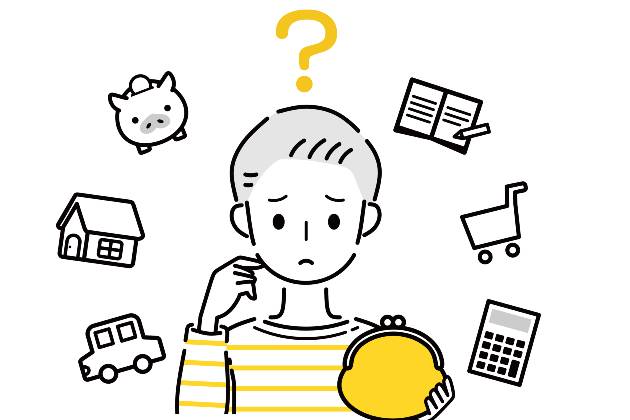Leila* caught COVID-19 in the early weeks of the pandemic, likely at work. She experienced intense symptoms – crippling chest and lung pain, muscle aches, coughing that made her sick, and fatigue that caused her to sleep for days without feeling refreshed – but tried to recover at home. After nearly three weeks of being unable to stand, she finally managed to get up. In a telephone catch-up, she told her manager about her progress. Her manager asked her to come back to work right away.
“Work defined it as ‘being tired’ rather than ‘fatigue’. But those are two separate things, worlds apart,” she says. “So I went into work because I felt pressurised, but I couldn’t do it.”
Leila had to get up at 5am and make a long journey by foot and bus. This, plus the busy shift that awaited her, exacerbated her symptoms: “It debilitated me. I had to go home and then I was back in bed for 2-3 weeks, sleeping solidly. This was a pattern over the course of a few months.”
I wanted to go back to work but I physically couldn’t
Throughout this period, just when Leila most needed support, she experienced hostility from her managers. On the day she left work with COVID-19, no one checked she made it back OK. While she was confined to bed, no one organised a COVID-19 swab to confirm the diagnosis. When she raised her continuing symptoms, she was accused of exaggerating. She was initially told she was not allowed a phased return. With the help of a staff champion, she was seen by occupational health, who recommended a four-week phased return. However, she was denied reasonable adjustments, such as later start times.
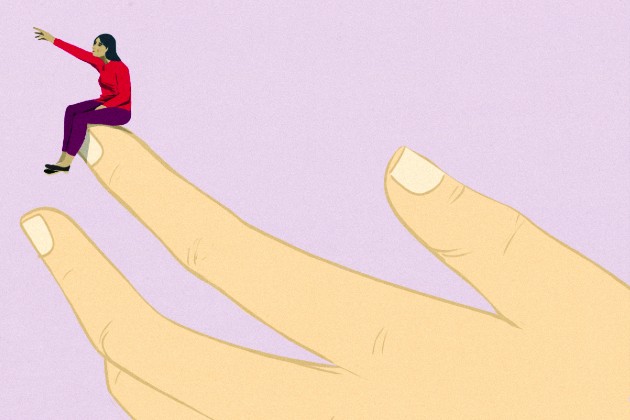
Michelle* has also faced issues securing the sick leave and adjustments she needs since contracting COVID-19 around Christmas time. After being signed off sick by her GP until mid-February, she began feeling pressure to get back to work. “When I returned to work, I realised how bad my symptoms were,” she says. “I’d get exhausted very quickly and need time to recover. I wanted to go back to work but when it came down to it, I physically couldn’t.”
RCN support
Occupational health was supportive and suggested a phased return to work, as well as a move to home-working for a while. “I was doing my phased return, but then my boss was pressuring me, asking when I was going to come into the office rather than working from home,” Michelle says. “At one point my boss called up and was really abusive to me on the phone, threatening my banding. I had to ring the RCN.”
I think my symptoms might have been exacerbated because I had no support from my managers
Leila also contacted the RCN for support. Despite the fact that all NHS nursing staff should receive full pay if their absence from work is COVID-related, she has been denied this and lost out on holiday pay, leaving her unable to pay bills. Being pressured into working when she was still very unwell also caused Leila to have a serious fall, a further setback to her recovery. “I think my symptoms might have been exacerbated because I had no support from my managers,” she says.
The RCN is now fighting her employer’s decisions on her behalf. “My rep is also asking them to apologise to me, which I think is correct. They haven’t treated me professionally, but the most hurtful thing has been seeing how little they think of me.”
Vicki*, a community nurse, also contracted COVID-19 in spring 2020. She works for a service contracted to the NHS. When fatigue, migraines and breathlessness stopped her working as much as she used to, her employer refused to pay her enhancements and put her on standard sick leave. After a severe flare-up in early 2021 left her “feeling like I was 90-year-old lady with complex health issues”, her employer threatened to put her on half pay. “I felt like I had been left to rot by the NHS, my organisation, everyone,” Vicki says.
She contacted the RCN and has been able to reclaim some of her lost earnings. Even if you work for an outsourced NHS service, you should receive full pay on COVID-19 sick leave.
I don’t feel I’m safe enough to be in the workplace, but the pressure is there
After a few months, Michelle returned to in-person work, but unfortunately contracted COVID-19 for a second time, triggering long-term fatigue and breathlessness, and has been unable to work since. “My biggest challenge is that other people on my team have had COVID, but recovered quite well and have struggled to understand why I haven’t bounced back,” she says. “I feel like people think I’m milking it, but I’m absolutely not. When I was working at home, you get given a bit of leeway at first, but then the work starts piling up.
"When occupational health got involved and confirmed that I’m really unwell, things did change for the better. But it was really sad that it got to that point; me saying I couldn’t do it wasn’t enough, they needed someone else to say I wasn’t lying.”
Patient safety
Michelle worries about the impact this pressure to return to work could have on patient safety. “I feel I’m doing the right thing – I don’t feel I’m safe enough to be in the workplace and work effectively, even with mitigations in place, but the pressure is there to come back. Every time we have to revalidate, we sign to say: I’m mentally and physically fit and healthy. I don’t think some managers are thinking about that.”
Continued support from occupational health, as well as sessions with a health coach, have helped Michelle, but she stresses that management must respect the phased return and reasonable adjustments put in place to help staff with long COVID. “I think employers need more information on how to deal with staff who have long COVID,” she says. “There needs to be a national steer. I understand you need to fill that role and have someone doing the work, but it does feel like people are being left behind. It doesn’t feel right that staff might be sacked or have their roles changed because of COVID.”
To other nurses with long COVID, Michelle says: “Seek support from your union if you are experiencing harassment from work. At the start, I was taken aback at the way I was spoken to. Now, I’m not afraid to stand up for myself and contact my union going forward. People need to be aware of their resources and draw on them when they need them rather than suffering in silence.”
Words by Rachael Healy.
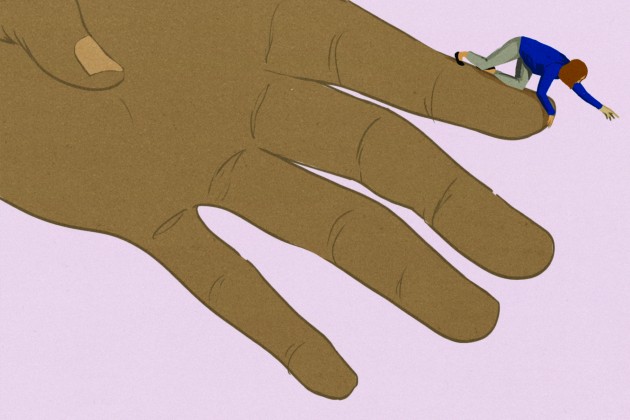
Your rights
Sick pay
- NHS
In response to the pandemic, the UK government agreed a temporary change to sick pay entitlements such that eligible staff (are those who are covered by NHS terms and conditions of service) off work for a COVID-related absence would receive full pay. Under these temporary arrangements COVID-19 sickness absence will not impact on your existing sickness entitlements and you will be paid full pay during any the COVID-19 sickness absence. NHS staff and those working for an outsourced service should receive full pay for the duration. - Independent sector
The government allocated a temporary fund to pay COVID-19 sicknesses in full earlier in the pandemic. If you did not receive normal pay for your COVID-19 related sick leave, ask your employer for a reason in writing and use this template letter to request full pay. If you still don’t receive it, contact the RCN.
Phased return
Policies on phased return may differ from workplace to workplace, so read your employer’s policy. Take advice from your occupational health department if you have one. They should be able to help you plan a structured phased return.
Reasonable adjustments
Your employer should have policies in place to deal with long-term sickness and disability. If your condition is or is likely to be long lasting, you are entitled to reasonable adjustments, such as changes to shift patterns or agreements about the type of tasks that are manageable for you, to allow you to continue working.
RCN support
- Contact the RCN Advice team via our online contact form or live chat.
- If you need psychological support, the RCN Counselling service is available to help.
- If you have been identified as extremely clinically vulnerable, you may require an individual risk assessment. Find out more about COVID-19 and workplace risk assessments here.


